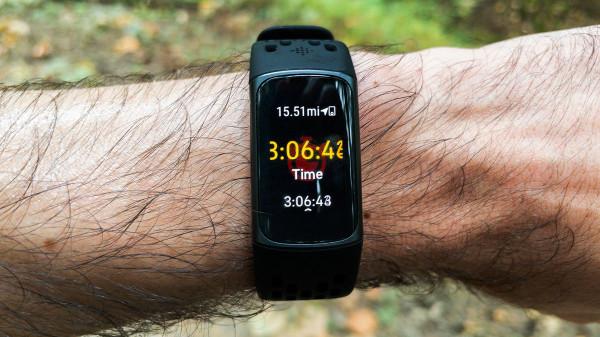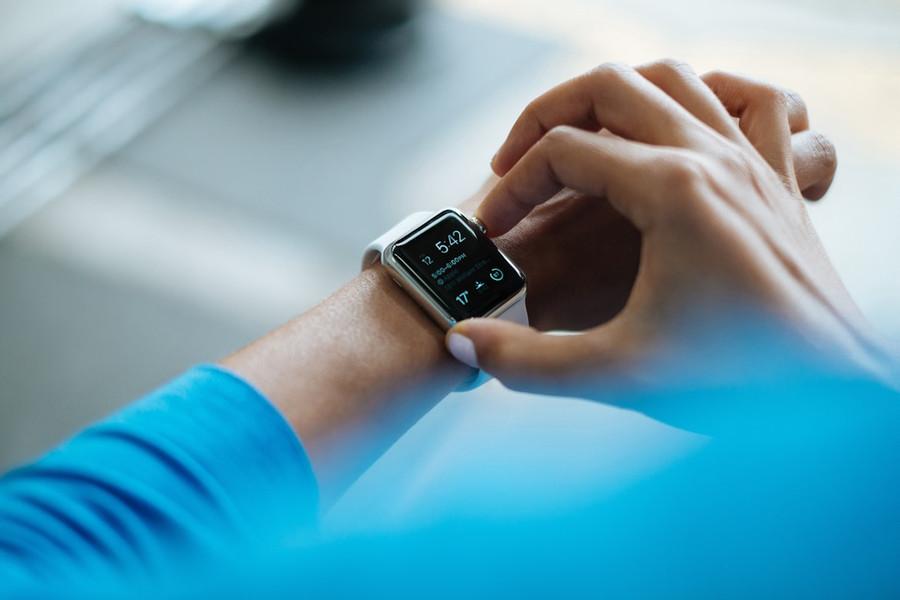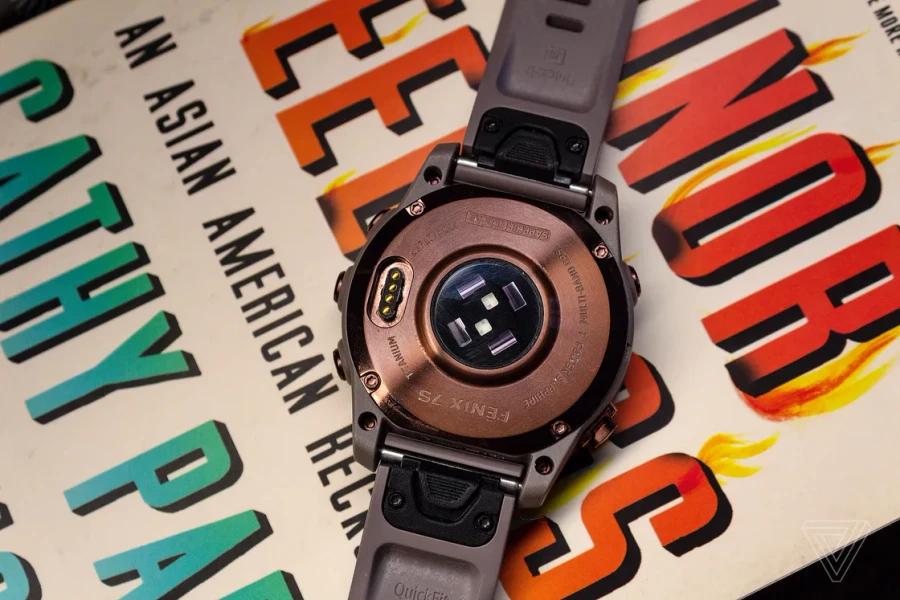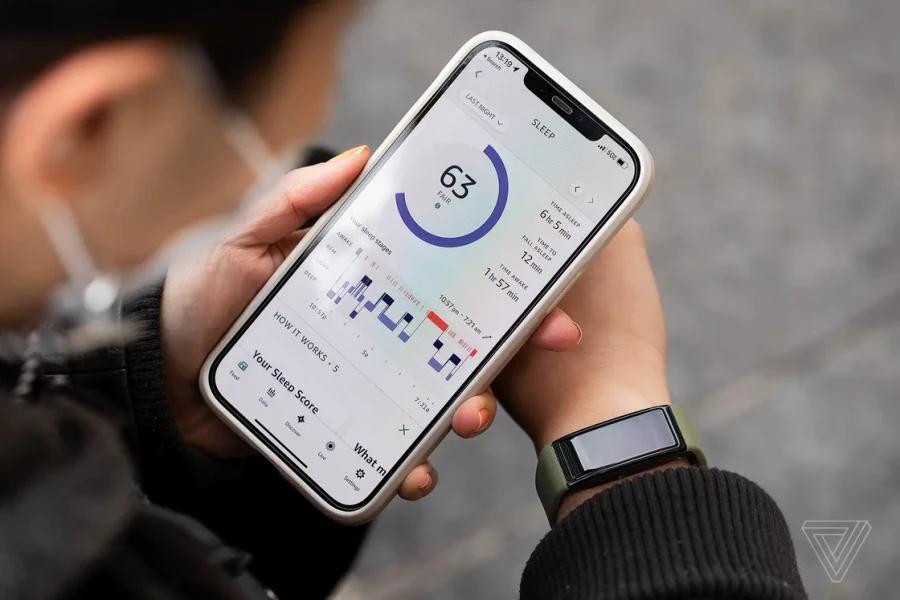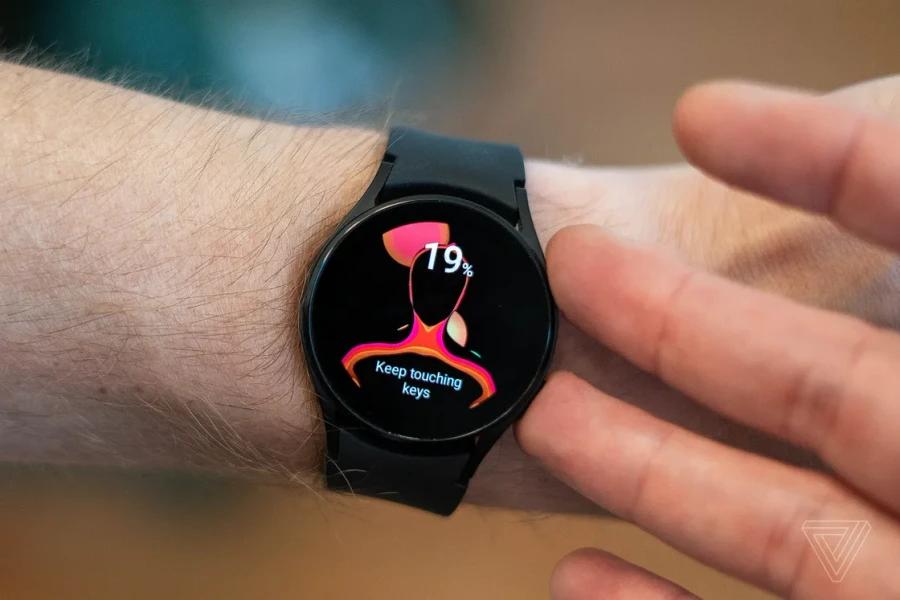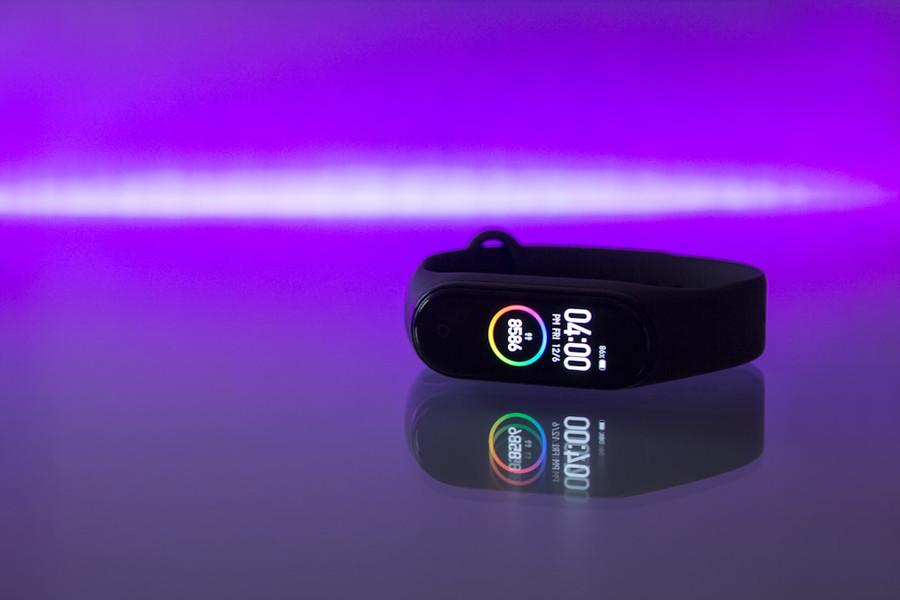How to choose a fitness tracker
Curated from: theverge.com
Ideas, facts & insights covering these topics:
5 ideas
·318 reads
2
Explore the World's Best Ideas
Join today and uncover 100+ curated journeys from 50+ topics. Unlock access to our mobile app with extensive features.
Find your why and go from there
Why do you want a fitness tracker to begin with? To lose weight? Train for a marathon? Improve your sleeping habits? Fitness trackers are a motivational tool, but they can’t help if you’re unclear about your goals.
If you train for a marathon, that means you’re going to need something that can track GPS distance, monitor heart rate, and comes with long battery life. But if your ultimate goal is to improve your sleep, you may not need a tracker with built-in GPS at all. You’ll want long battery life, perhaps a SpO2 sensor, and a tracker that’s capable of providing detailed sleep insights.
8
80 reads
Understand sensors and fitness jargon
- All fitness trackers have a combination of accelerometers and gyroscopes to detect motion. Some will add altimeters and barometers to measure elevation or how many stairs you’ve climbed in a day.
- Nearly all modern trackers have a photoplethysmography (PPG) sensor - green LEDs that shine light through your skin to measure heart rate. There are also an increasing number of trackers that include red LEDs or SpO2 sensors to measure blood oxygen levels.
- If you see a tracker has EKG capabilities, that means it has an electrode.
- Some fitness trackers will also opt for built-in GPS. Others will use your
phone’s GPS.
8
63 reads
Advanced fitness insights
If you want more advanced fitness insights, three metrics you should:
- HRV is a metric measuring the fluctuations of time between heartbeats. It’s often used as a measure of how well you’ve recovered from a workout or to estimate stress levels.
- SpO2 is often used interchangeably with pulse oximetry. The gist is that it measures how oxygenated your blood is. Companies are still figuring out how to best utilize this metric, but you frequently see it pop up in sleep and recovery tracking.
- VO2 Max is a metric that measures the maximum amount of oxygen your body can use during intense exercise.
9
58 reads
Do you actually want a smartwatch instead?
If you’re looking to leave your phone at home, you might be better off with a smartwatch that has decent health features.
The thing about fitness trackers is they’re often lacking on the connectivity front. You’re likely not going to find them including LTE, robust third-party apps, contactless payments, or a digital assistant. Or if you do, it might be one or two of those — but certainly not all of them.
8
60 reads
Don't forget about comfort
- When browsing your options, don’t forget to check the size and thickness of the watch, as well as the materials it’s made from. If your fitness tracker isn’t comfortable, you’re not going to wear it.
- Comfort is especially important if sleep tracking is a priority. You don’t want to buy a big hulking tracker. If you have trouble sleeping with wrist-based trackers, so you might also want to look into non-wrist-based sleep gadgets.
- A bad fit can also warp your data. If a tracker isn’t snug against your skin during exercise, you might get inaccurate heart rate readings.
8
57 reads
IDEAS CURATED BY
Jessica Delgado's ideas are part of this journey:
Learn more about exerciseandfitness with this collection
Importance of rest and recovery
Effective workout routines
Proper nutrition for muscle building
Related collections
Similar ideas
8 ideas
Can Your Watch Estimate Your VO2 Max?
runnersworld.com
9 ideas
9 Psychological Tricks to Develop a Fitness Habit
developgoodhabits.com
5 ideas
What Are Macro Calculators And Trackers?
verywellfit.com
Read & Learn
20x Faster
without
deepstash
with
deepstash
with
deepstash
Personalized microlearning
—
100+ Learning Journeys
—
Access to 200,000+ ideas
—
Access to the mobile app
—
Unlimited idea saving
—
—
Unlimited history
—
—
Unlimited listening to ideas
—
—
Downloading & offline access
—
—
Supercharge your mind with one idea per day
Enter your email and spend 1 minute every day to learn something new.
I agree to receive email updates
